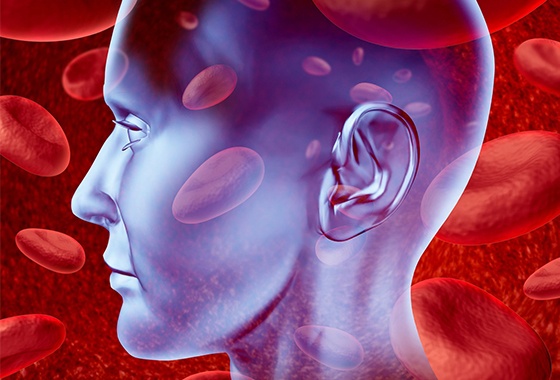Stroke and TIA
Strokes occur when a part of the brain is deprived of oxygen. This can be caused by a number of medical issues. If not treated promptly, strokes can have serious consequences, including death. Therefore, it is important to seek medical assistance as soon as symptoms begin.
Symptoms of Stroke
Strokes can be life threatening, therefore it is important to seek medical attention as quickly as possible. Contact emergency medical services if you or someone you know experiences the following:

• Suddenly being unable to move the limbs, particularly if the paralysis is limited to one side
• Suddenly feeling as though your limbs are numb or have weakness
• Suddenly having difficulty seeing or the loss of sight
• Suddenly having a headache that is severe and feels different than any other headache you’ve had
Stroke Categories
A number of medical issues can result in a stroke. Strokes will fall into one of the following categories:
• Ischemic stroke – This type of stroke represents as many as 90 percent of all strokes. An ischemic stroke occurs when blood flow to the brain is cut off. This may be due to a blood clot or blocked artery. The loss of blood flow prevents oxygen from reaching that specific area of the brain. The functions associated with that part of the brain then become impossible to perform.
• Hemorrhagic stroke – Hemorrhagic stroke occurs when a blood vessel bursts inside of the brain. The resulting bleeding has a negative effect on the brain tissue, resulting in the symptoms of a stroke as shown above.
• Transient Ischemic Attack – Commonly referred to as TIA, these mini strokes are the result of a blocked artery. However, unlike ischemic strokes, TIAs are short lived and resolve themselves. In fact, their short duration results in many individuals ignoring the symptoms. While TIAs are not life threatening, they often serve as precursors to strokes. Receiving treatment for TIAs can avoid further health issues in the long run.
For additional information on stroke and TIA or to learn more about your specific risk for developing these issues, contact us today.






